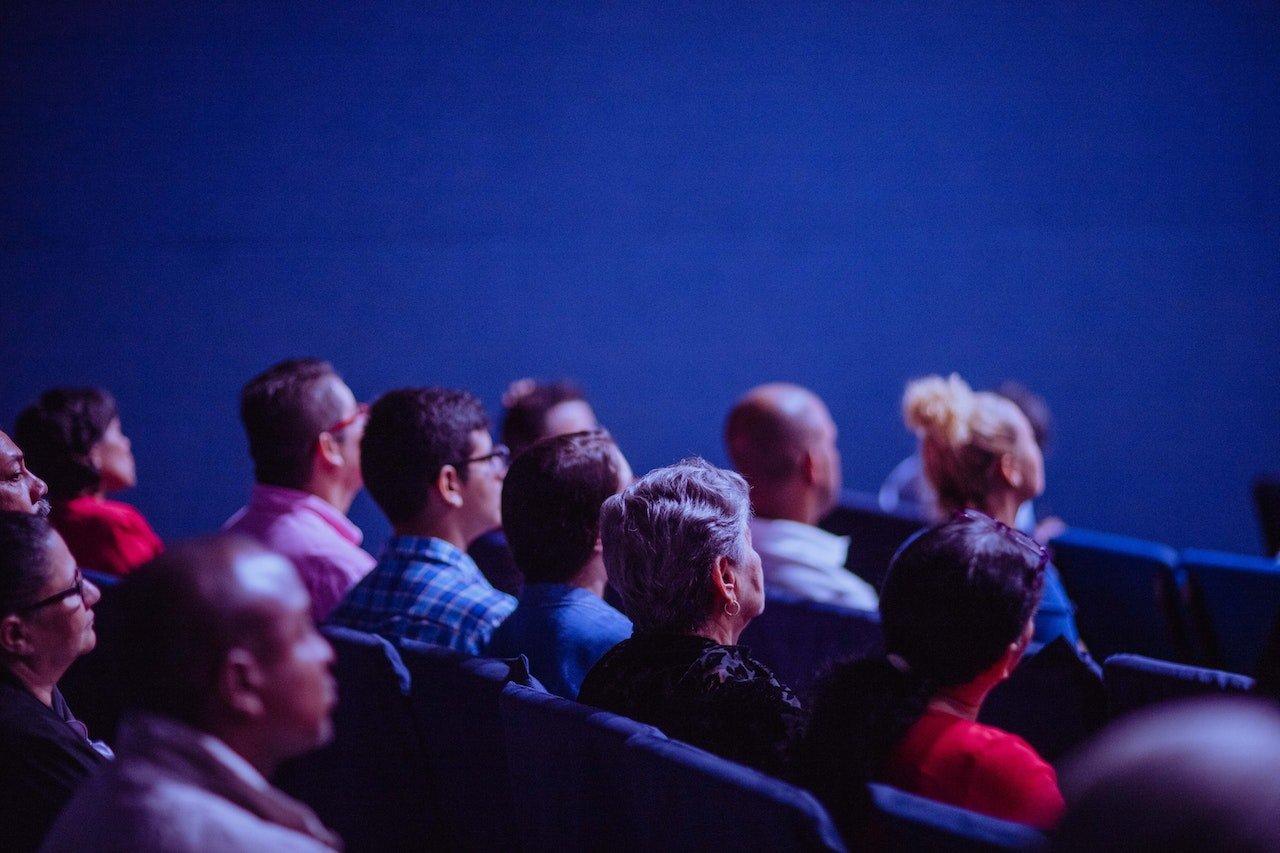Event Attendance Woes: Navigating Limited Promotion Channels
Hosting an event, be it an online webinar, workshop, or large-scale conference, is an effective way to engage an audience, share knowledge, or showcase new products and services. However, with numerous platforms available, each with its unique set of algorithms and rules, promoting an event can often be an uphill task.
The Predicament of Limited Promotion
When planning an event, the primary objective is to maximize attendance. But with the myriad of digital platforms available, from social media giants like Facebook and Instagram to professional networks like LinkedIn, how can you ensure that your event reaches its target audience? The challenge lies in reduced visibility in digital content, a landscape dominated by algorithms.
Why Traditional Promotion Might Not Work
In the golden era of digital marketing, a single post or advertisement could gain significant traction without much effort. But times have changed. The sheer volume of digital content means platforms now rely heavily on algorithms to decide which content is displayed to which users. This algorithmic curation is based on user behavior, preferences, and interactions. Therefore, even if you have a substantial online following, only a fraction of them might see your event promotion unless they regularly engage with your content.
Algorithms and Their Impact
Platforms such as Facebook have complex algorithms determining content reach. With the platform's primary goal being to keep users engaged and online for longer, the algorithm favors content with higher engagement. This means that unless your promotional content is generating significant interactions (likes, shares, comments), its reach will be limited. What's more, frequent promotional content can be deemed 'spammy', leading to further limitations. Understand more about this with how not to get blocked on Facebook.
Cost Implications
Given these challenges, many turn to paid promotions. While this can indeed increase visibility, it can also quickly drain your marketing budget, especially if targeting broad demographics or competing in high-demand time slots.
Expanding Your Reach with Cross-Platform Promotion
With the challenges of single-platform promotion, it's clear that a diversified approach is crucial. Cross-promotion across multiple platforms is a tactic gaining popularity. But, even this comes with its own set of challenges.
Diversifying Content
Each platform has its own unique user base, algorithm, and content format. For instance, promoting an event on TikTok might require a catchy 15-second video, while LinkedIn would demand a more professional approach. This requires not only understanding each platform's nuances but also creating tailored content for each. If you're considering TikTok, here's how to get started with TikTok.
Maintaining Brand Consistency
While it's crucial to tailor your promotional content to each platform, ensuring brand consistency across channels is equally important. This can be a challenge, given the diverse nature of platforms and their audiences.
Using Link Aggregators for Efficient Promotion
Given the constraints of bio or profile descriptions, especially on platforms like Instagram, utilizing tools like EZBiolink can be a game-changer. Instead of struggling with fewer links leading to fewer conversions, link aggregators allow you to provide a single link that can then direct attendees to various platforms or pages related to your event.
Benefits of Using EZBiolink
EZBiolink not only allows for aggregation but also offers detailed analytics. Understand where your attendees are coming from, which platforms are most effective, and adjust your strategy accordingly. Wondering why you should choose EZBiolink over others? Here's why you should choose EZBiolink over Linktree for Instagram.
Concluding Thoughts
Event promotion in the modern digital landscape can be challenging. However, by understanding platform-specific nuances, diversifying promotional strategies, and leveraging tools like EZBiolink, you can maximize visibility and attendance for your events and webinars.
For further insights into optimizing your online presence and strategies, consider reading about things successful influencers do or explore content ideas for tech creators.
